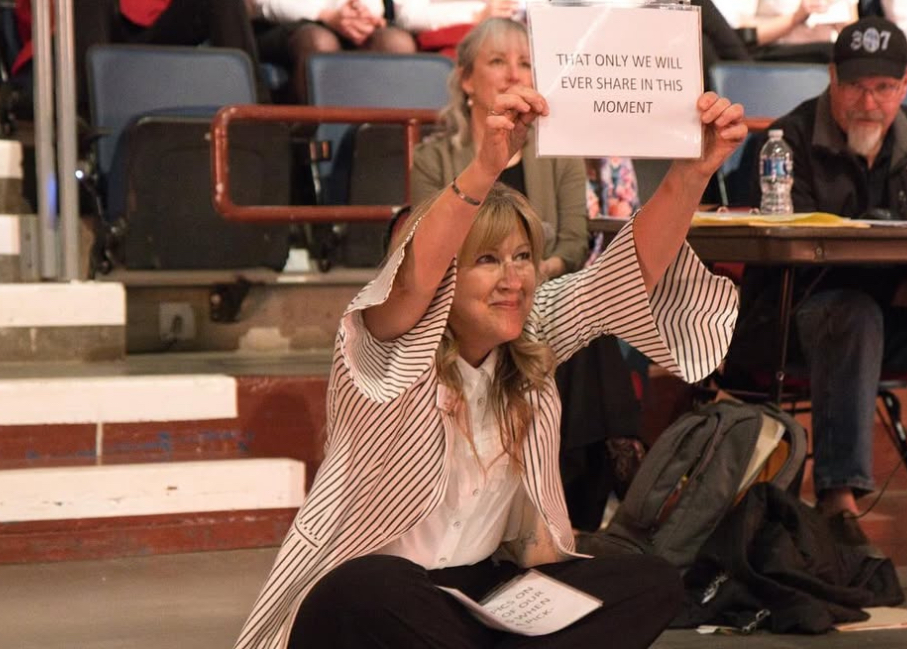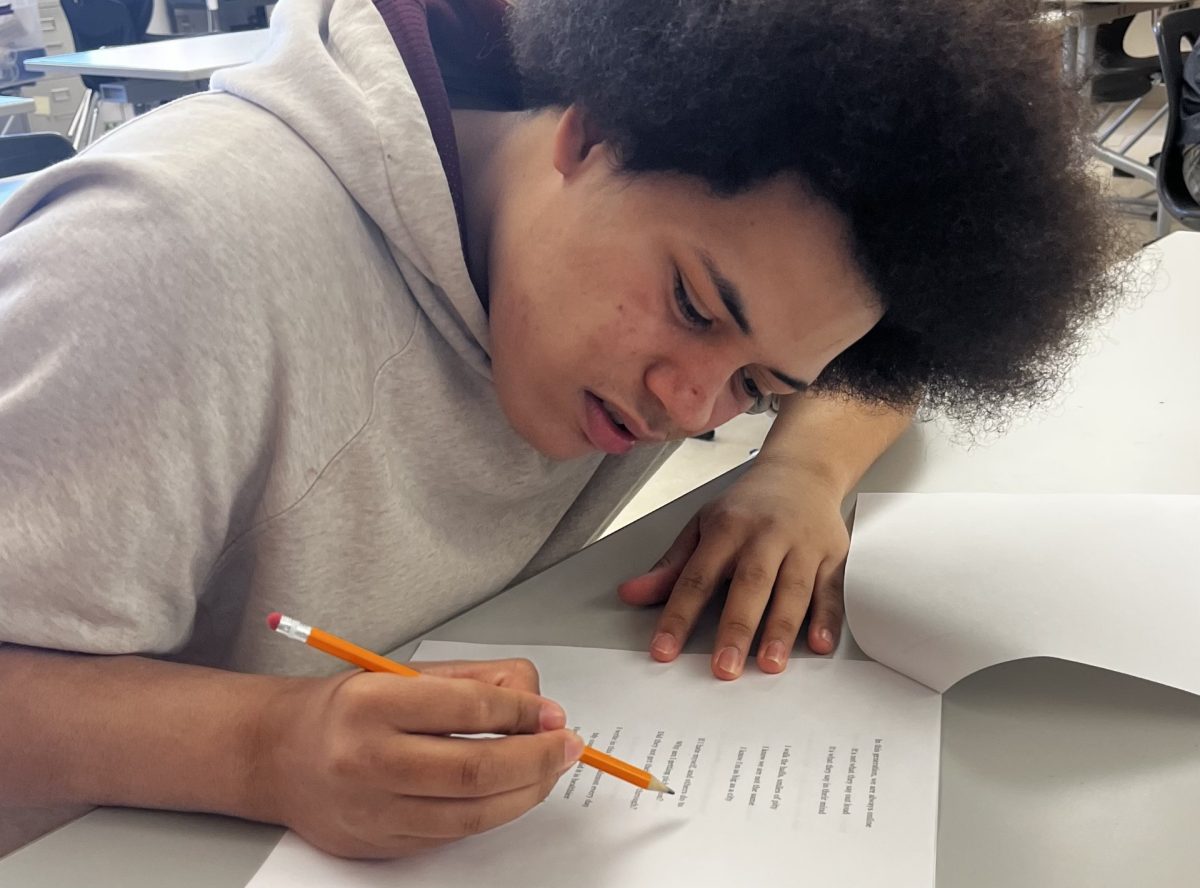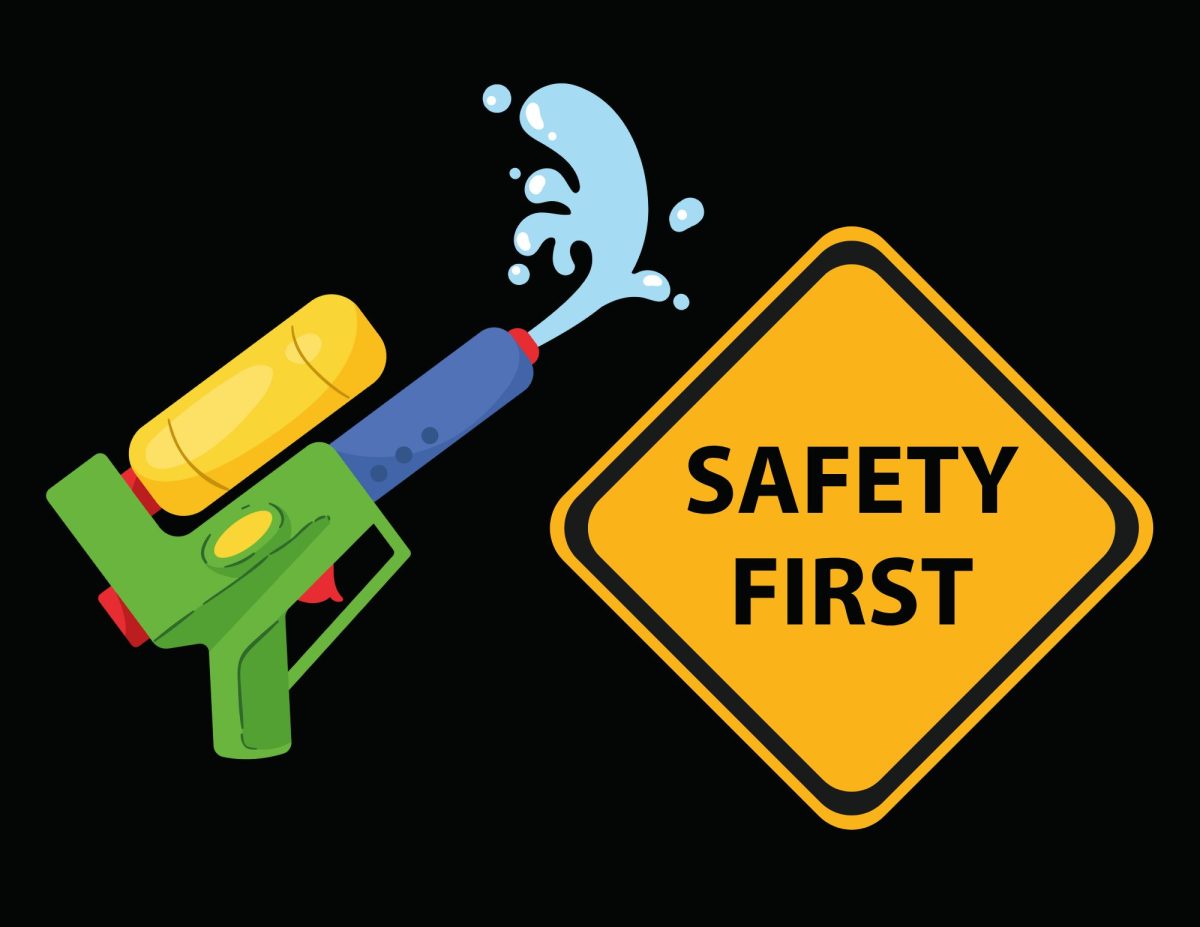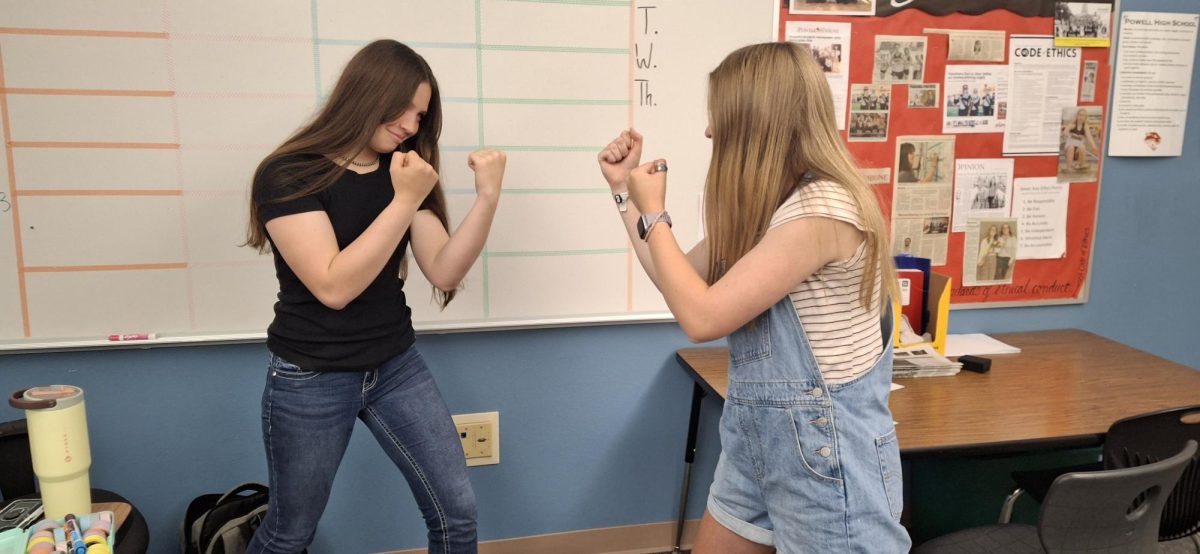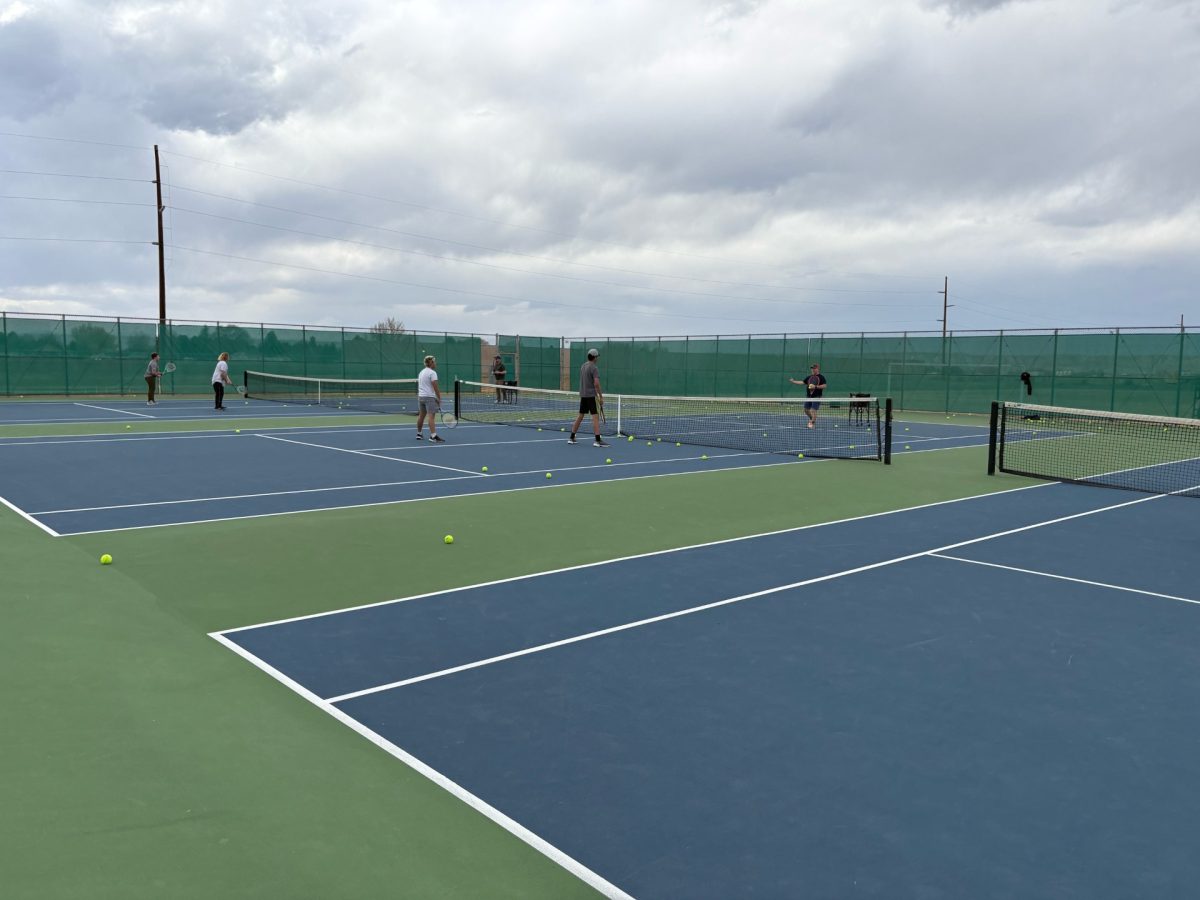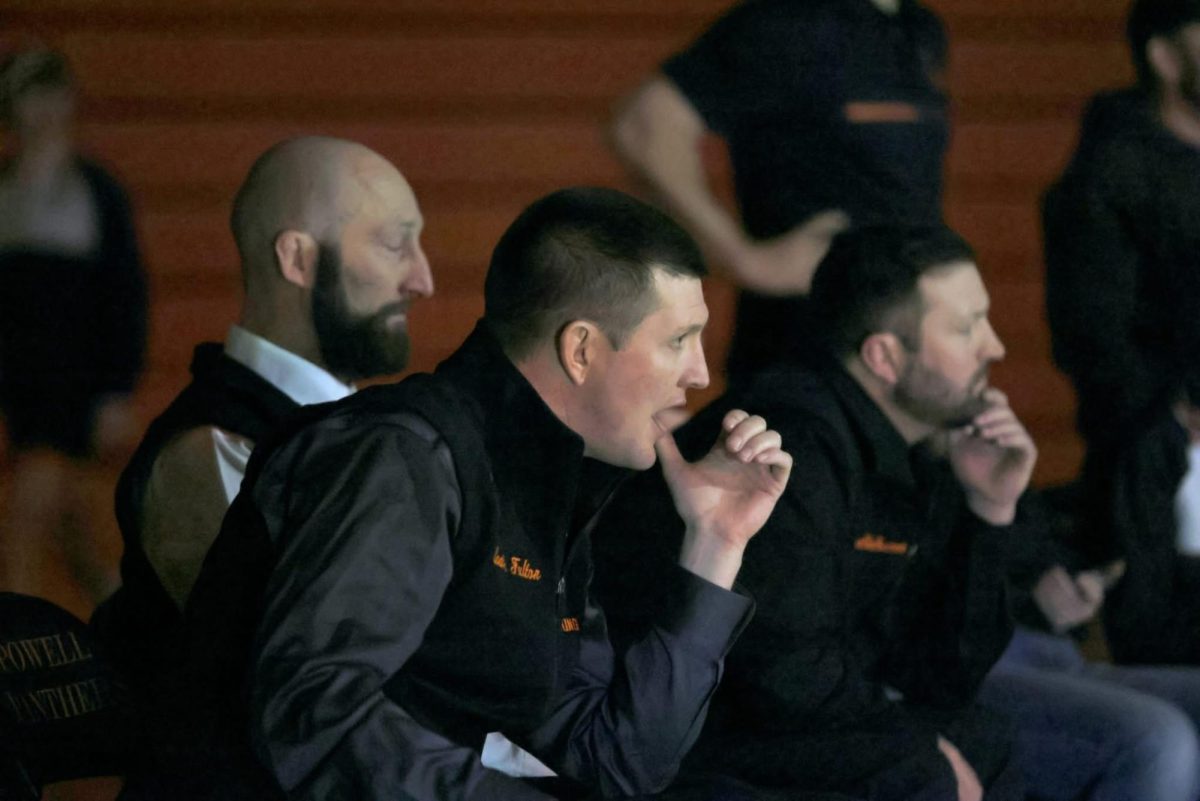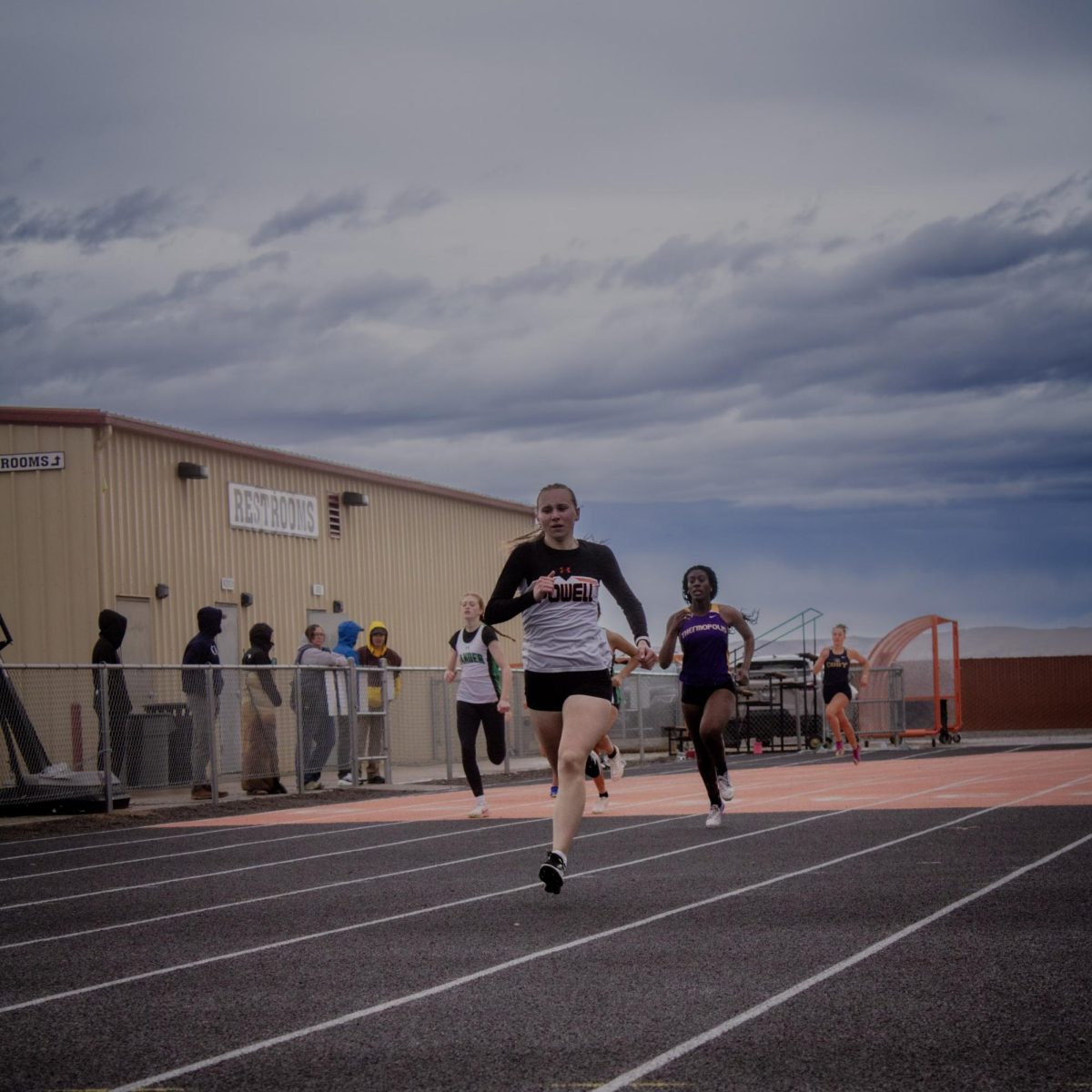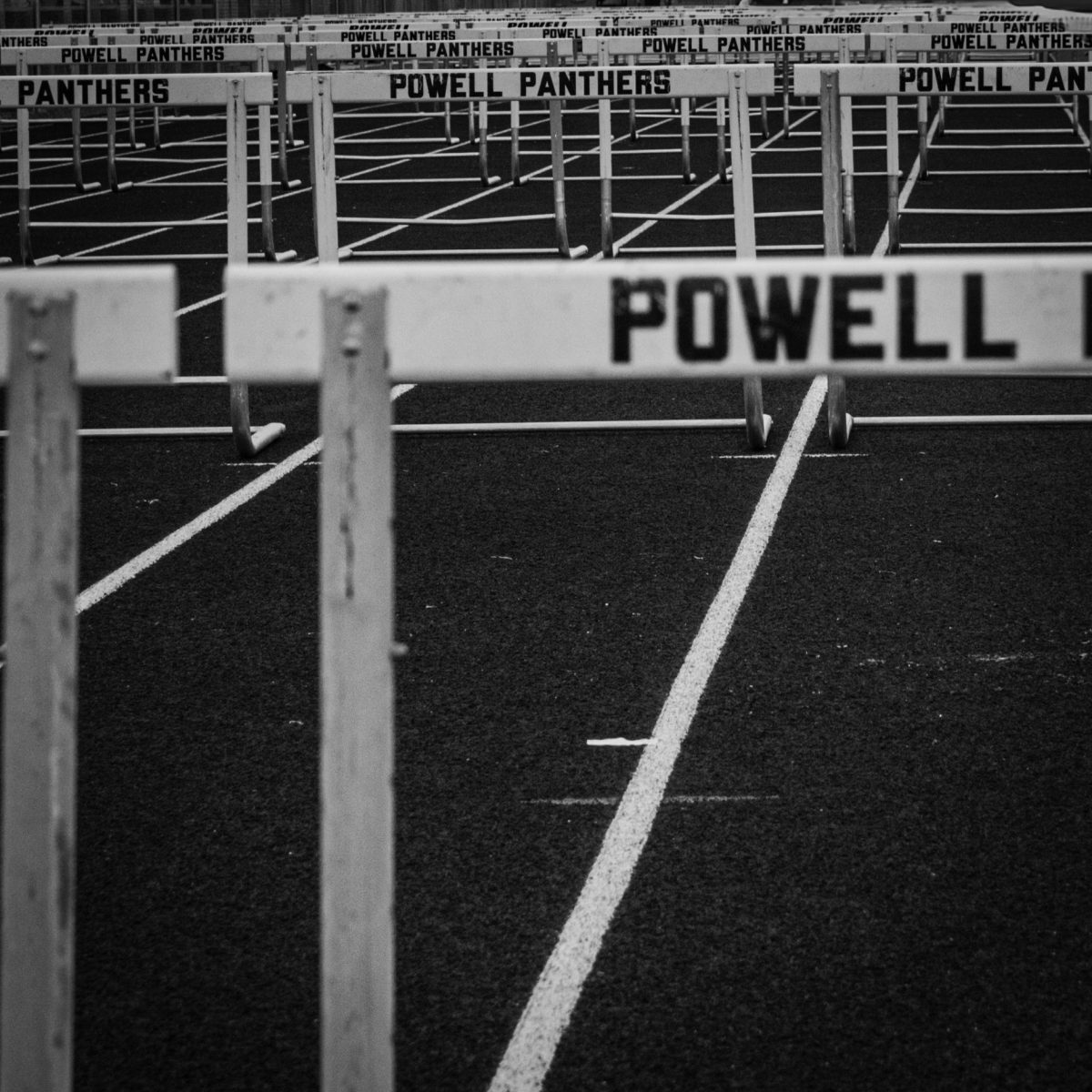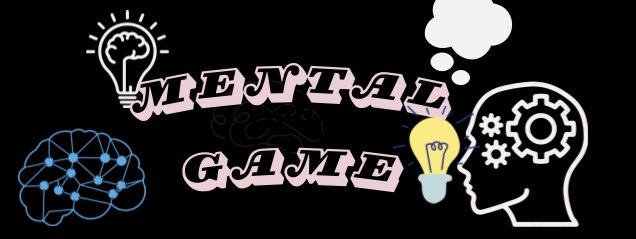Athletes train, put in the work, and do everything they can to have a great turnout in a game. Even in high school, athletes express an incredible amount of physical exertion when needed. But there is another essential component that can determine an athlete’s success: the mental game.
Physical performance is what the audience can view in an athletic activity because the physiological scheme is less visible. But there is still an entire aspect of athletic competition that cannot be seen on the scoreboard.
“Every sport has a huge mental component,” special education teacher and tennis coach Mr. Whipple said. “There’s not a sport out there that if you’re not focused on it, or working hard you’re not going to be successful… preloading and giving the tools to the team beforehand is an important thing, so that the players themselves could use those strategies to pull them out of bad mental spaces.”
Despite there being several contributions to the result of sport, a common factor is what happens behind the scenes before a game. Junior Alexa Richardson explains how a successful warmup in a volleyball game gives her the optimal drive to face her opponents.
“For a game, I like to focus on my warmup and go through the motions, and I do the same thing every time,” Richardson said. “Our coach normally gives us a speech about us just being our biggest competitors. It’s all about what we have within ourselves.”
Junior football player Alan Crawford explains a similar tactic that involves a familiar routine that assists his team’s preparation before a game.
“When we’re in the locker room, we’ll be pepping each other up and talking about what we learned in practice or what we saw on film,” Crawford said. “And right before we head out, we’ll say a prayer.”
Some students consider a competitive mindset as an ally, while others wrestle in the mental contemplation of constantly feeling the need to win.
“I usually just tell myself that it’s just a game,” freshman tennis player Naomi Whipple said. “I just have to have fun. I have to try my hardest but also have some fun while doing it because my mental state is always telling me I have to win.”
Mental tension and pressure can reach someone’s mind so quickly causing them to spiral while engaged in an athletic activity. Mr. Whipple discusses the importance of athletes maintaining a calm composure around their opponents.
“It’s frustrating as a coach to watch your players with a lot of potential losing their mind,” Mr. Whipple said. “We talk a lot as coaches about how you have to have a poker face on the court, which has a lot to do with your body language and your actions because that can translate to your opponent that you’re in a bad headspace.”
Maintaining a calm mind in a game isn’t always an individual battle. Crawford mentions the impact the team’s energy and support will have on an athlete’s mindset. The consuming pressure and mental decline can be decreased through positive energy given by teammates.
“It makes a big impact when the sidelines with all the other players are involved and excited about what’s happening,” Crawford said. “That can be a big boost of confidence. If everyone on the sidelines is just distracted or not paying attention then something is wrong and the game is not in our control.”
An athlete can take on the stress of a game and attempt to mend a crumbling mindset on their own, but the support of their peers and teammates can skyrocket positive energy just as quickly as an upsetting crowd can be detrimental to a mental game.
“There’s all sorts of factors that are going to affect performance,” Mr. Whipple said. “Riding on a bus for six hours will affect it, the weather will affect it. We’re talking about teenage athletes here. Any athlete in general; what you ate for breakfast could mess you up… It helps when they hear us cheering they feel like they’re not alone out there.”
A student’s recognition of their success and improvement in a game can be an essential element to having an optimistic mindset.
“Be your biggest supporter,” Richardson said. “You have to find the good things you do after each game… you can choose to look back at all the mistakes you made and back out or you can choose to look at all the good things you did and preserve before your next game.”
Anyone can experience a disordered mental game, and most teenagers involved in sports do. Mr. Whipple mentions the importance of finishing.
“It’s not a matter of if you’re going to lose your head in a sporting event, it’s a matter of how long you’re going to lose your head because everybody does,” Mr. Whipple said. “Everybody has nerves and stress and it happens. But the players that are successful are the ones that can pull out of it quickly.”



